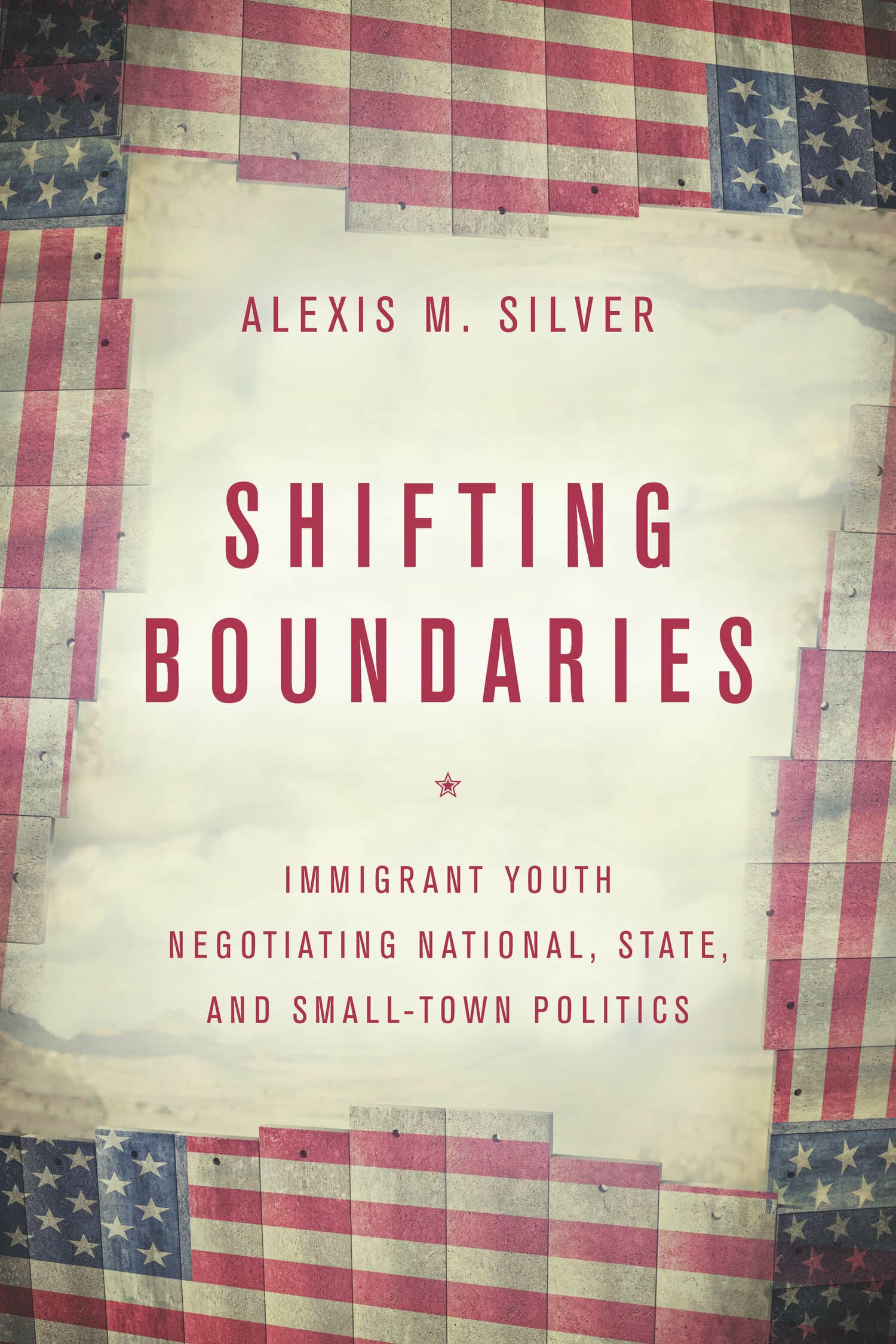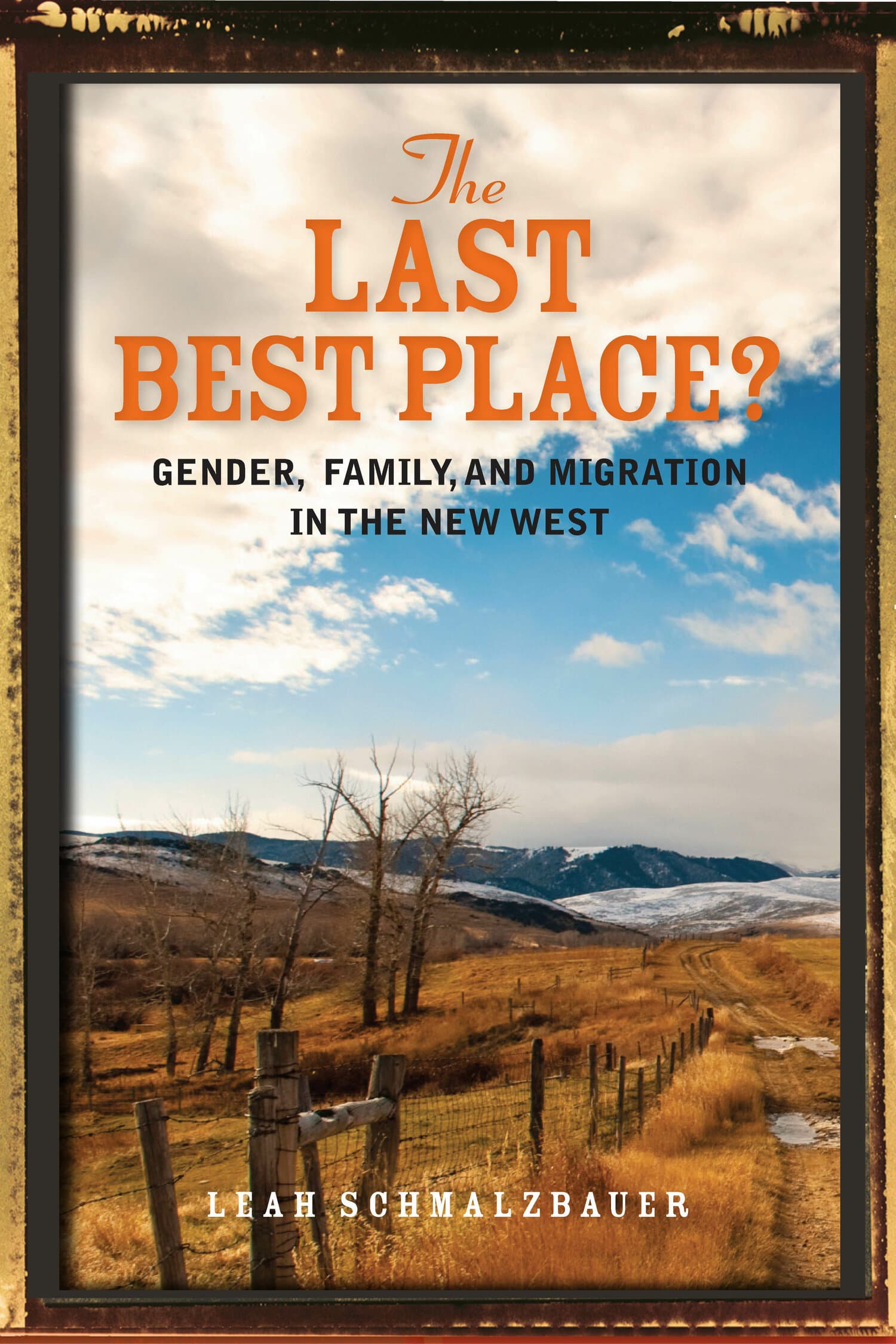The Borders of Privilege

Because whiteness is not a given for Brazilians in the U.S., some immigrants actively construct it as a protective mechanism against the stigma normally associated with illegality. In The Borders of Privilege, Kara Cebulko tells the stories of a group of 1.5-generation Brazilians to show how their ability to be perceived as white—their power without papers—shapes their everyday interactions. By strategically creating boundaries with other racialized groups, these immigrants navigate life-course rituals like college, work, and marriage without legal documentation. Few identify as white in the U.S., even as they benefit from the privileges of whiteness. The legal exclusion they feel as undocumented immigrants from Latin America makes them feel a world apart from their white citizen peers. However, their constructed whiteness benefits them when it comes to interactions with law enforcement and professional advancement, challenging narratives that frame legality as a "master-status." Understanding these experiences requires us to explore interlocking systems of power, including white supremacy and capitalism, as well as global histories of domination. Cebulko traces the experiences of her interviewees across various stages of life, applying a "power without paper" lens, and making the case for integrating this perspective into future scholarship, collective broad-based movements for social justice, and public policy.
—Alexis Silver, Purchase College, State University of New York
"Politically timely and theoretically important, Power without Papers complicates sociological understandings of how legal status and race operate in immigrants' lives. Focused on white, middle class, undocumented Brazilians in the United States, this engaging book fills a conspicuous gap in the immigration scholarship. Beautifully written, and drawing from meticulous research and analysis, Power without Papers is vital reading for scholars, activists and policy makers concerned about immigration and justice."
—Leah Schmalzbauer, Amherst College
"Whereas much of the scholarship on immigrants in the US focuses on those from Mexico or Central America, Cebulko offers an important intervention by illuminating the lives, experiences, and sense of identity among Brazilian immigrants living without documentation in the US.... Recommended."
—C. M. Snider, CHOICE August 2025
"Cebulko's book is an engaging and generative read and should be well received by scholars and practitioners interested in migration studies, 1.5-generation migrants, immigrant incorporation, racialized illegality, and racial capitalism. Her book is also politically timely, as we witness the increased targeting of racialized immigrants and citizens in the United States. A stark reminder that hostile anti-immigrant climates reify the racial and classed hierarchy that shape the lives of all immigrants—undocumented or otherwise."
—Lucia León, Social Forces




